Marble S Protolith

Marble occurs in large deposits that can be hundreds of feet thick and geographically extensive.
Marble s protolith. The protolith of marble was limestone or dolomite. Gray slate is common but the rock occurs in a variety of colors including brown purple green and blue. Jerry has a total of 23 marbles the marbles are either blue or green he has three more blue marbles than green marbles how many marbles does he. Marble is a metamorphic rock composed of recrystallized carbonate minerals most commonly calcite or dolomite marble is typically not foliated although there are exceptions in geology the term marble refers to metamorphosed limestone but its use in stonemasonry more broadly encompasses unmetamorphosed limestone.
Width of sample 14 cm. Crushed stone is used as an aggregate in highways railroad beds building foundations and other types of construction. Marble is commonly used for sculpture and as a building material. This rock sample is not marble it is quartzite metamorphosed sandstone.
Marble is a metamorphic rock with limestone as protolith and that means that there was a large amount of pressure and high temperature as well but with marble it s mostly pressure on the. This allows it to be economically mined on a large scale with some mines and quarries producing millions of tons per year. It is a fine grained metamorphic rock formed by compression of sedimentary shale mudstone or basalt. These minerals can give marble a pink brown gray green or variegated coloration.
Usually marble contains other minerals including quartz graphite pyrite and iron oxides.


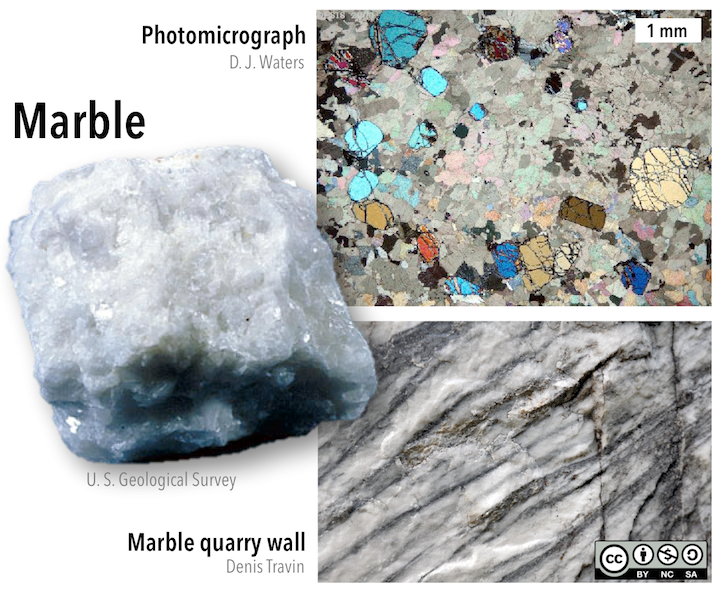
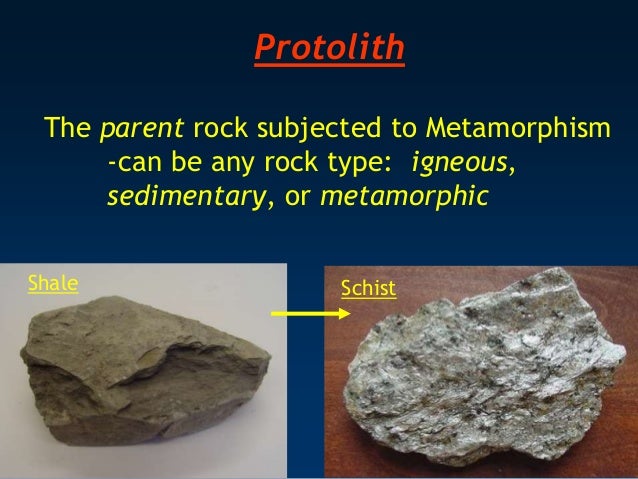
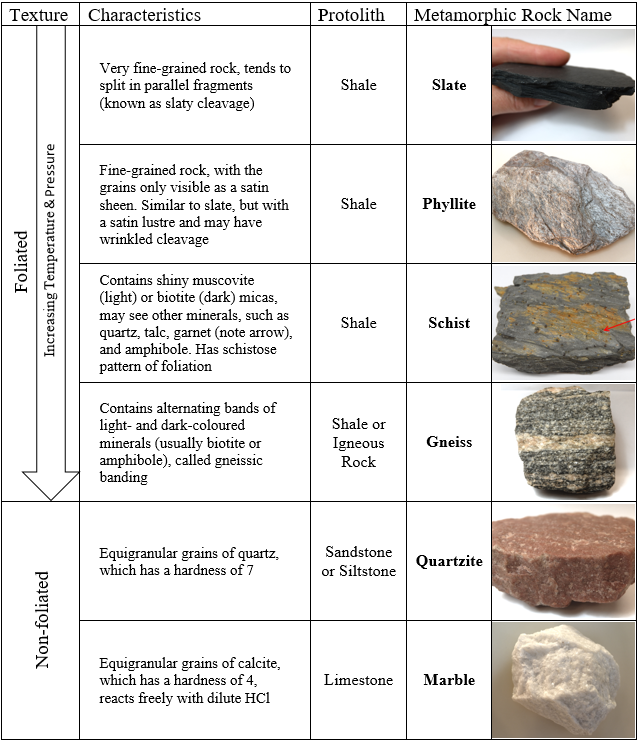

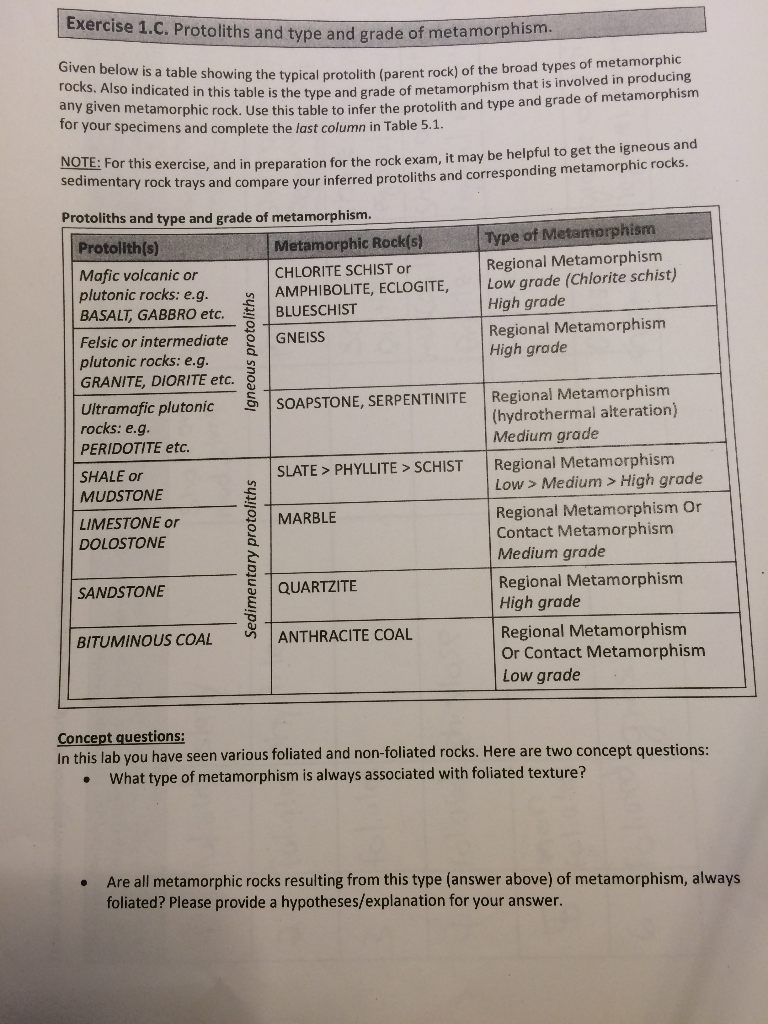
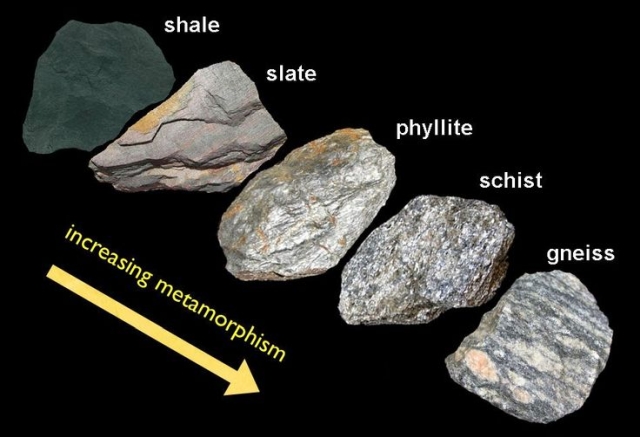







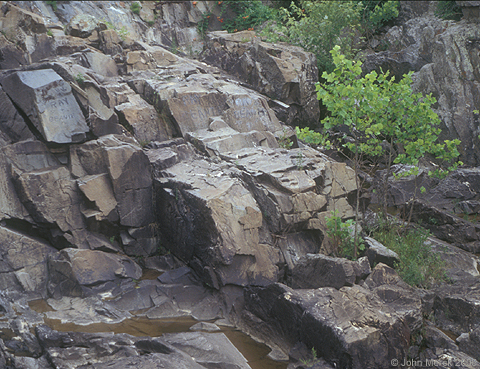



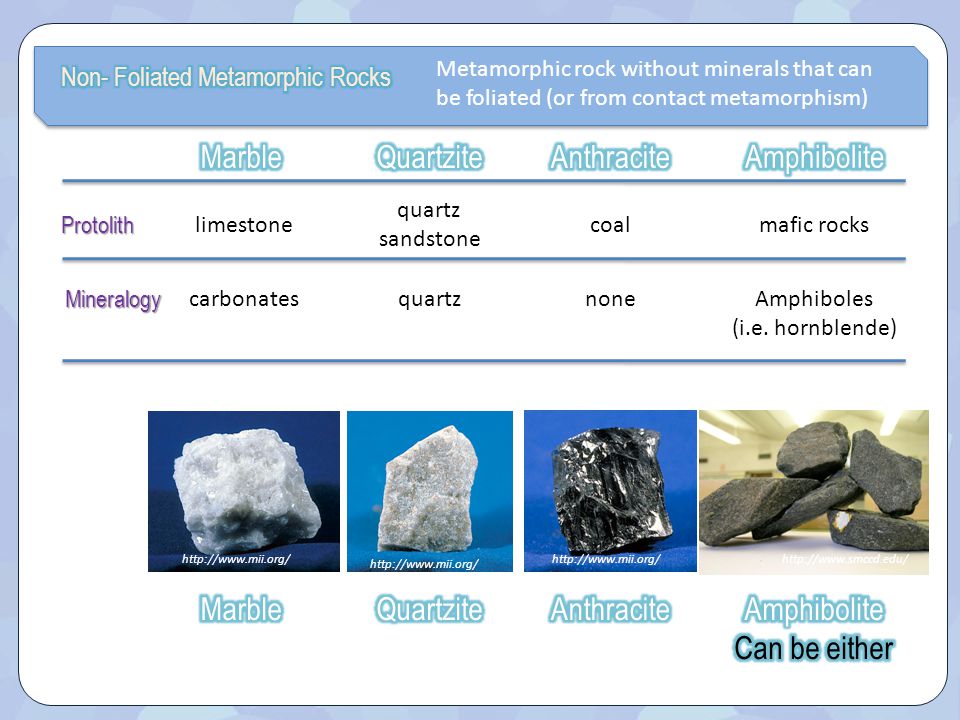

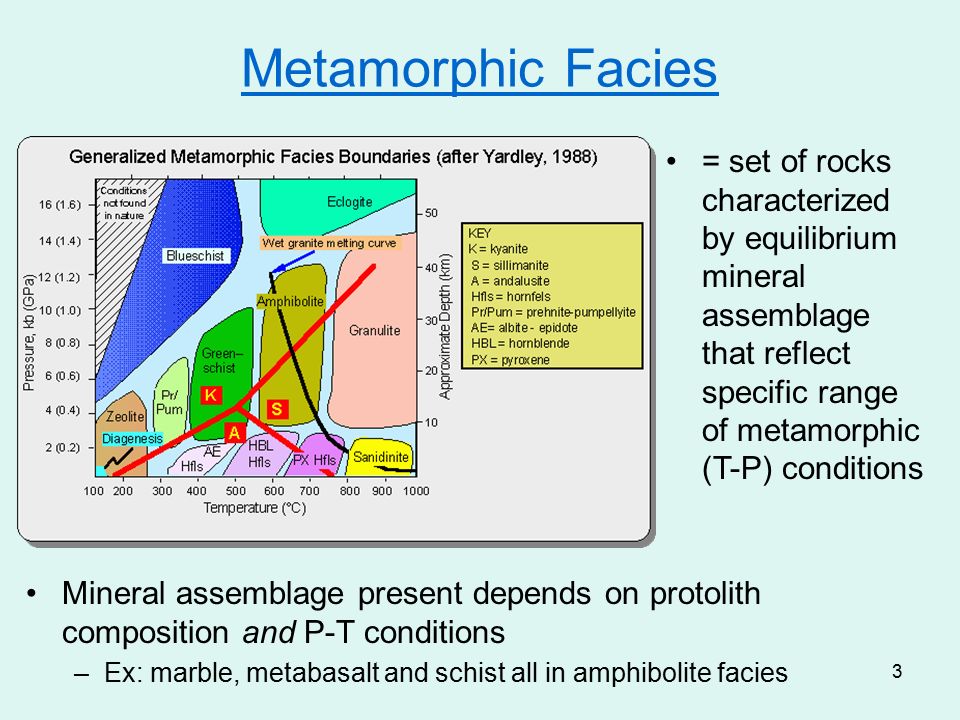



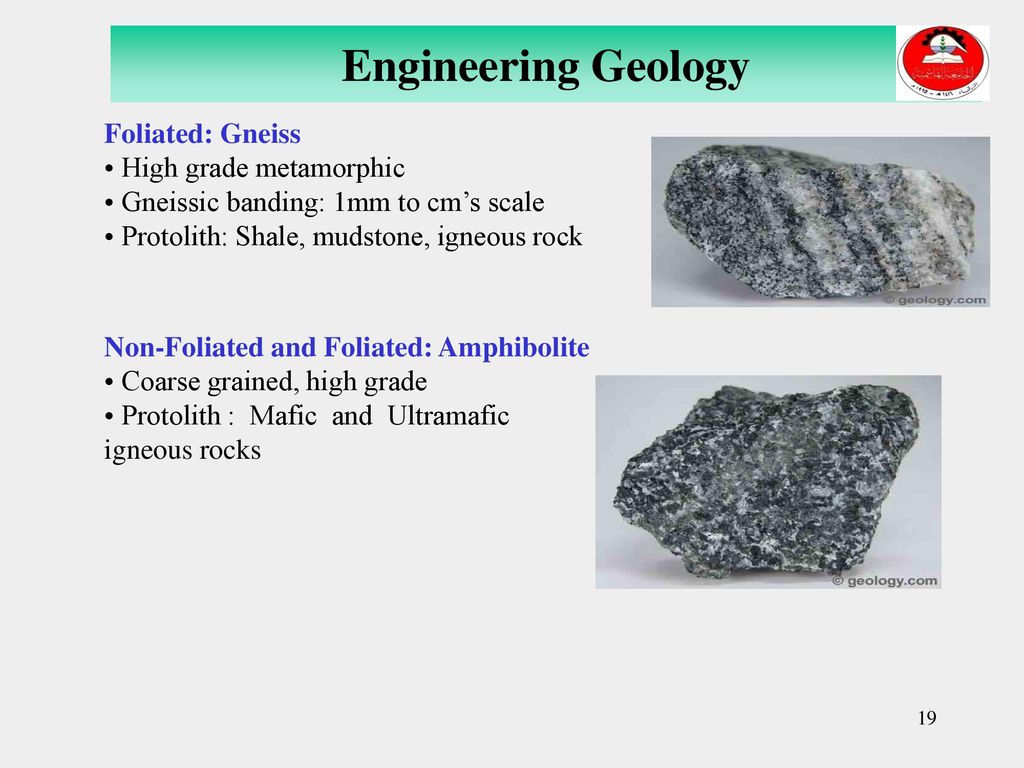
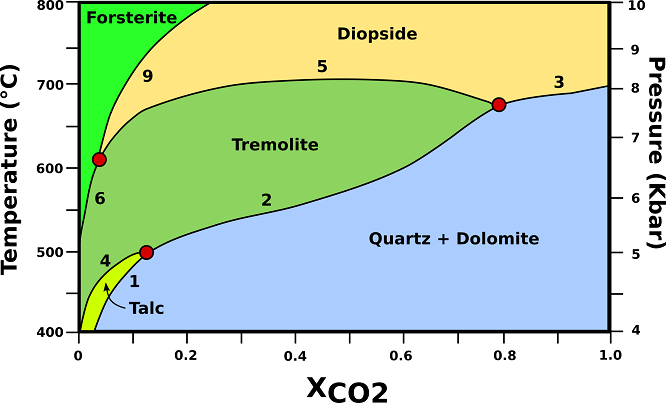



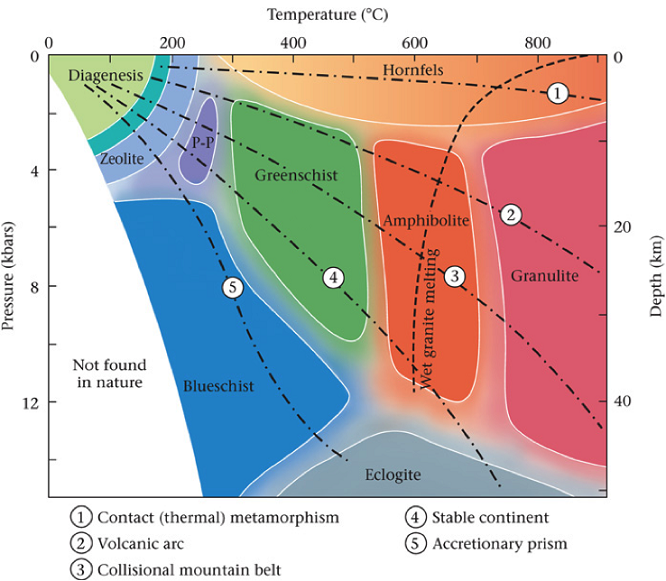

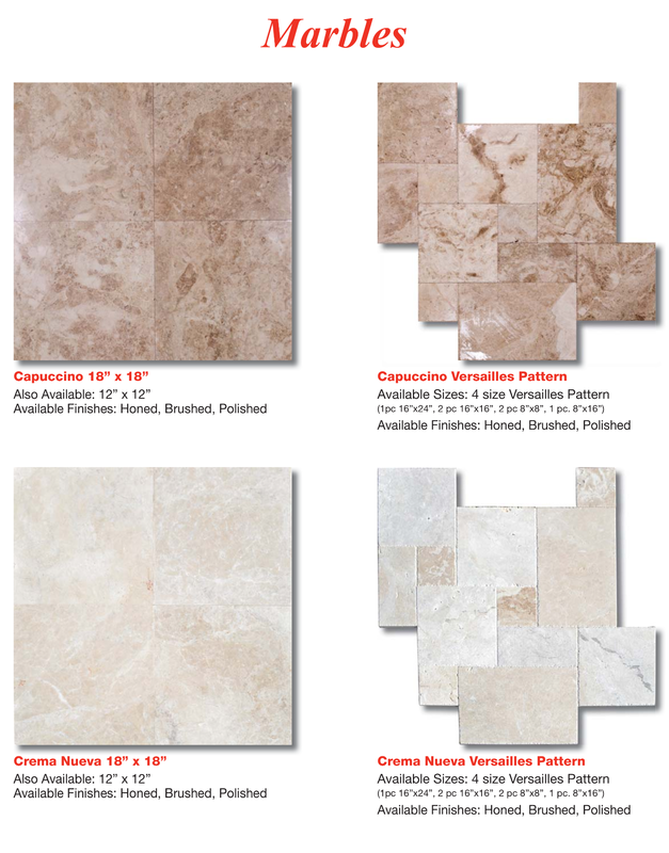
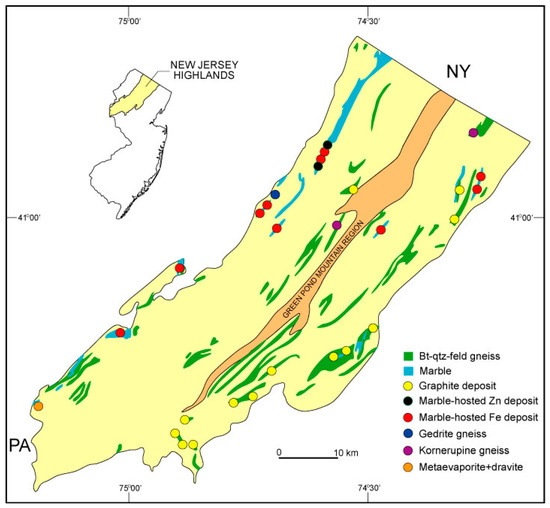


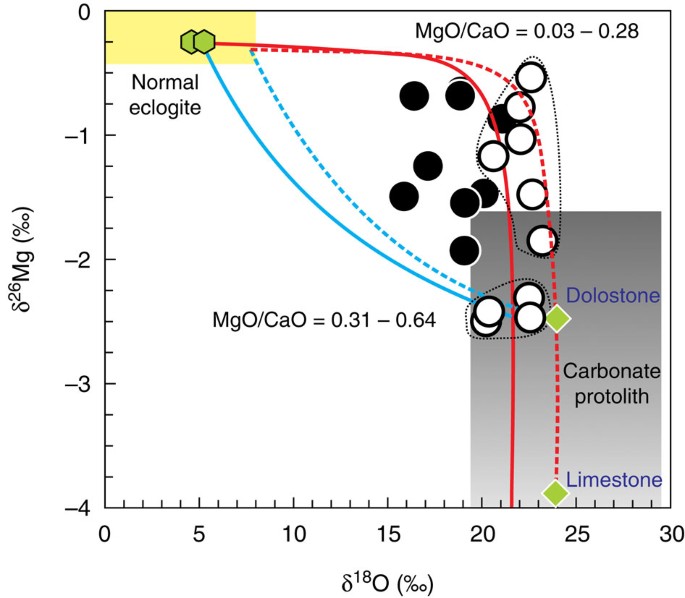




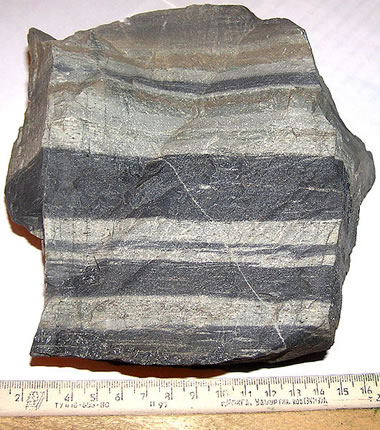
.jpg)



